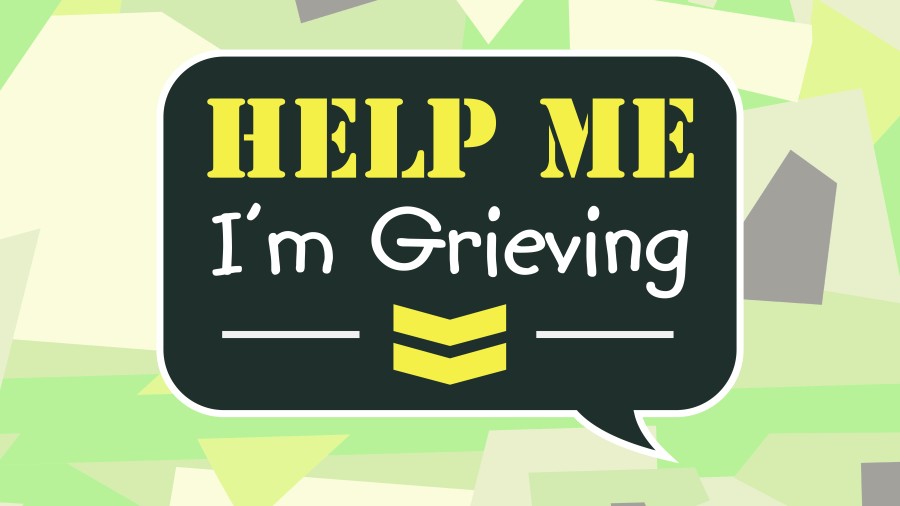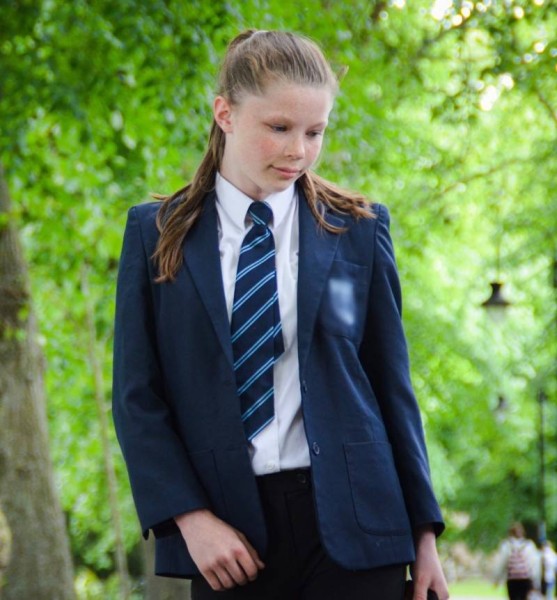How to talk about death and bereavement: Guidance for adults supporting bereaved children and young people
Talking about death can be difficult, especially when it involves someone close to us. But discussing a bereavement is one of the most effective ways of processing it. At Scotty’s Little Soldiers, our mission is to support bereaved military children and young people, giving guidance, providing one-to-one support and offering ways to help them deal with their grief. This article covers some frequently asked questions on how to talk to children about bereavement and is aimed at parents and carers offering support.
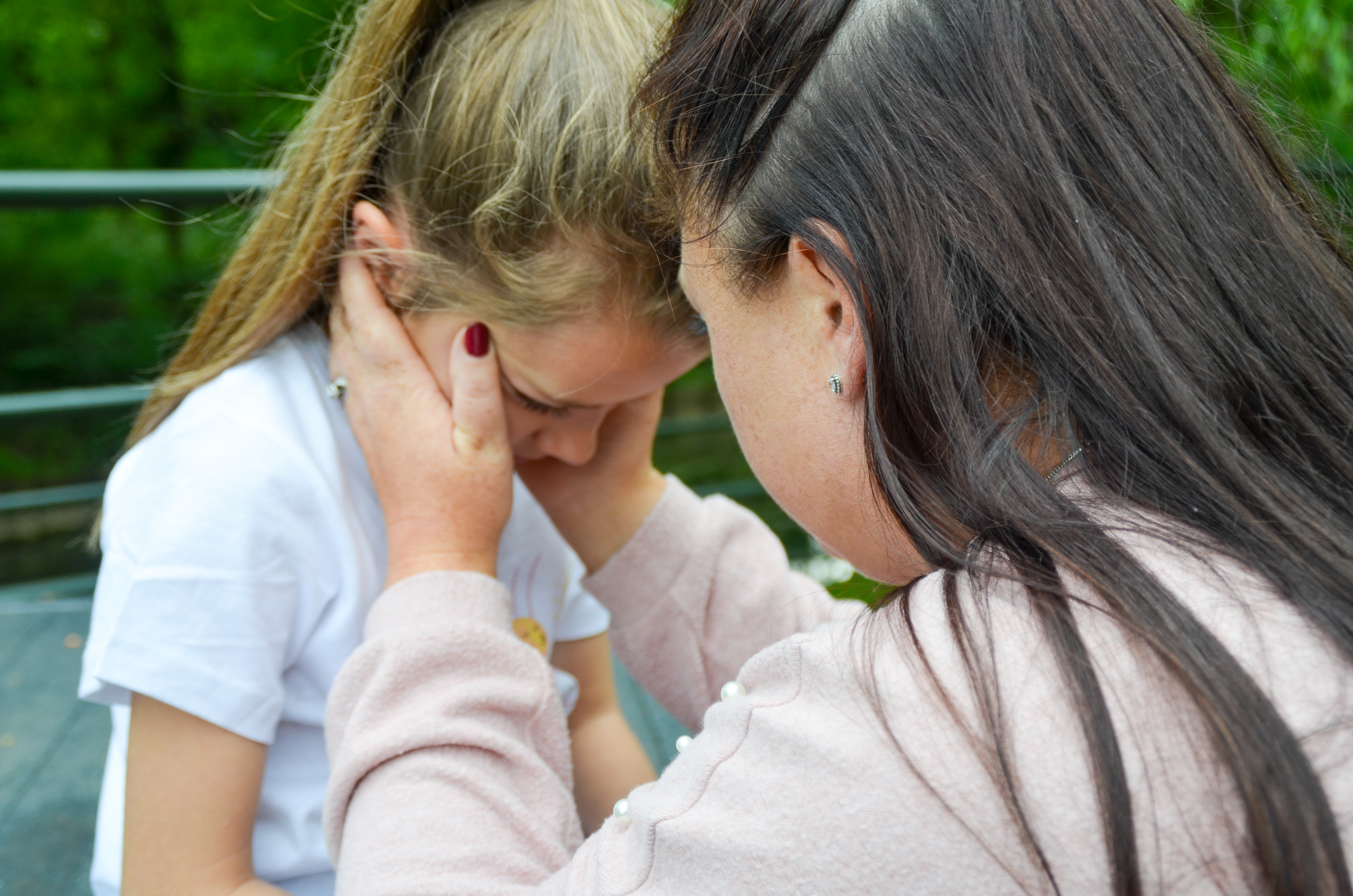
How do I tell a child someone has died?
When talking to young children about a death, it’s important to be as clear as possible. Use straightforward, literal language. For example, rather than saying “passed away,” which could be misunderstood, we suggest using the word “died.”
Many people avoid words like this as they feel it sounds harsh, but being unclear risks confusing children and could result in them not fully understanding what has happened. We suggest softening these kind of words by speaking in a calm, gentle tone.
When telling your child about a bereavement, ensure they are in a safe and comfortable environment, such as at home, where they can express their emotions and you’re able to provide support.
For some children, support means having space to grieve, in which case it’s important to allow them time to themselves.
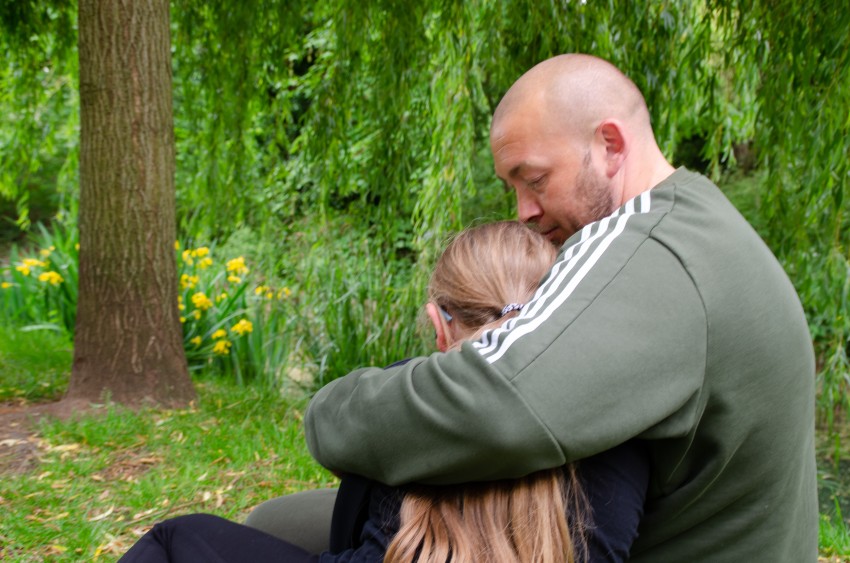
How will my child react when someone dies?
Reactions to death can vary significantly from child to child. Some may respond exactly as you expect, while others may act in a way that surprises you. Sadness, anger, confusion and mood swings are all possible reactions.
It’s not unusual for children to ‘puddle jump’ – a term used to describe flitting from one emotion to another with little warning. Don’t be alarmed by this, as it’s very common and completely normal.
Similarly, a child might not react strongly when they first find out about a bereavement, but become distressed at a seemingly random point later on. This kind of delayed reaction is also very normal, especially if a child or young person has not experienced a death before and needs more time to process it. The way the person died can also have a significant effect on their reaction – if it was expected or unexpected, for example. All these potential factors mean there is no set way a child should be expected to react.
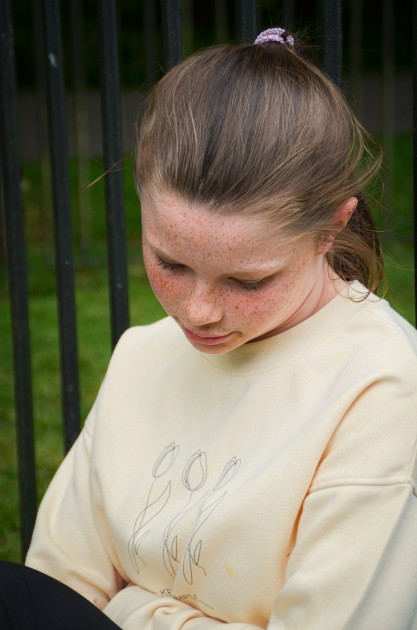
Who do I inform of the bereavement?
We suggest letting family and close friends know of the bereavement as soon as your child feels ready for it to be shared, as well as any schools or clubs that they attend. It may be a good idea to discuss with your child what they do and don’t want others to know, and who they want to tell themselves and who they want you to tell, so that when the time comes to inform others it can be in a way they are comfortable with.
Some children will also want to spend time with their friends, so it’s important people within their social groups know what has happened. This will create a support network of people who are aware of what your child is going through and can adjust accordingly, offering support when and where it’s needed.
Outside of this, it largely depends on what makes your child feel as comfortable as possible. For some, this means balancing those who know with those who don’t, while others prefer not to keep it from anyone. There is no right or wrong option, and each person’s response will be different.
Remember that every child goes through multiple stages during their grieving journey, and their feelings may change over time.
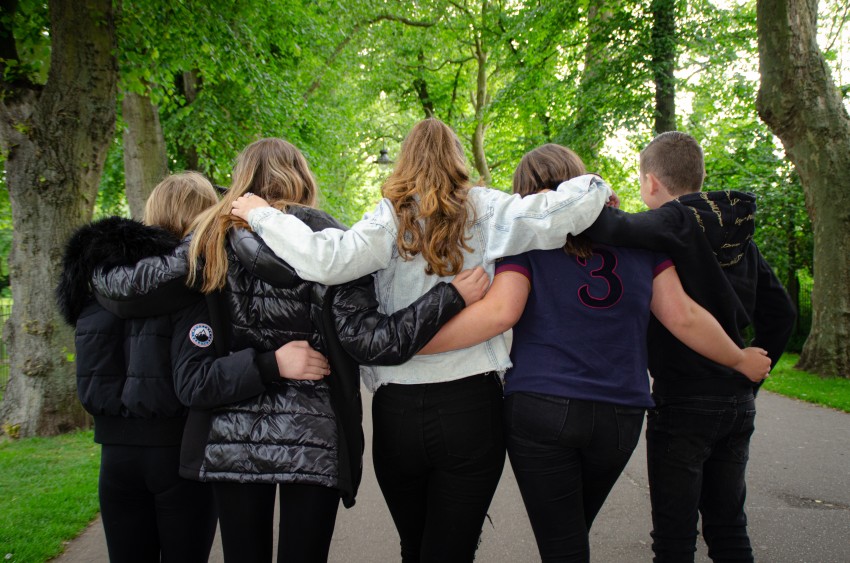
Who should my child talk to after a bereavement?
Whoever they feel most comfortable discussing their bereavement with. For many, this will be you or another close member of family, but it’s perfectly normal if they would rather talk to someone more distant from the death. This could be a friend who didn’t know the person that died, or someone they know who has gone through a similar event. Ensuring your child knows they have a support network of people they can talk to is important to healthy grieving.
Speaking to people who have been through similar things can be especially helpful – their experiences will never be exactly the same, but children knowing they’re not alone in their grief can provide a sense of comfort and reduce their feelings of isolation.
It’s also worth letting your child know it’s okay to tell people how they can help. People want to support them, but some won’t always know the best way.
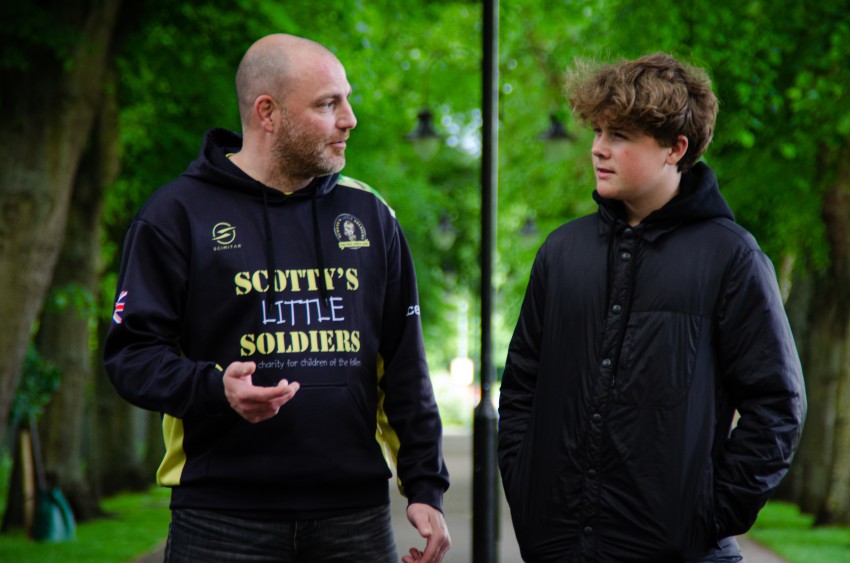
Be prepared to answer questions
For everyone, but children and young people especially, the various events and traditions associated with death can be confusing. They might feel embarrassed and reluctant to ask questions, but the better grasp they have over what is going on – and why – the less likely they are to feel overwhelmed.
When, how, why and where are all questions likely to spring to mind. This is a natural impulse and important to fully processing the death of a loved one. They may want to ask questions immediately, or it could be years before they feel ready. There is no right or wrong amount of time. Expect questions at any point, whether it is while driving or at bedtime.
There are some questions, such as the manner of someone’s death, that you may feel are inappropriate for a child to know at that point in time. In these cases, we suggest telling them what you can in bite-size, age-appropriate chunks. This allows you to be truthful while leaving out certain details until you feel they are ready.
It’s important to always answer as honestly as you can. Encourage the child to ask questions if they want to know more, and if they ask a question you don’t have the answer to, it’s okay to say you don’t know but that you’ll tell them if you find out. Similarly, children are not the only ones who will have questions. If there is anything you don’t know, but want to, it’s always okay to ask somebody.
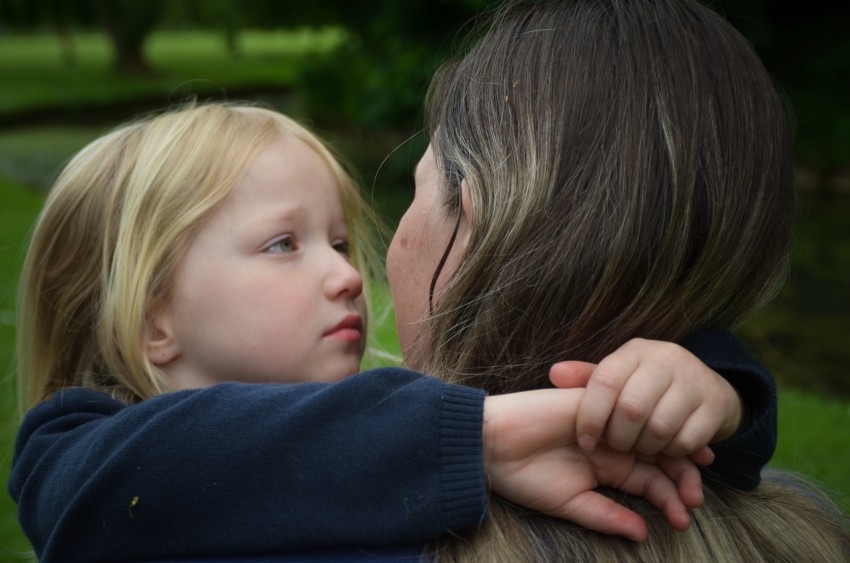
Look after yourself
You are likely to be finding the bereavement very difficult, too. Part of effectively supporting your child means looking after yourself, so take some time each day to do something that brings you comfort, no matter how small.
When we’re on our own, we sometimes feel things in a different way to when we’re around other people or our children. Giving ourselves a chance to process these feelings in a safe, comfortable environment is an important part of healthy grieving.
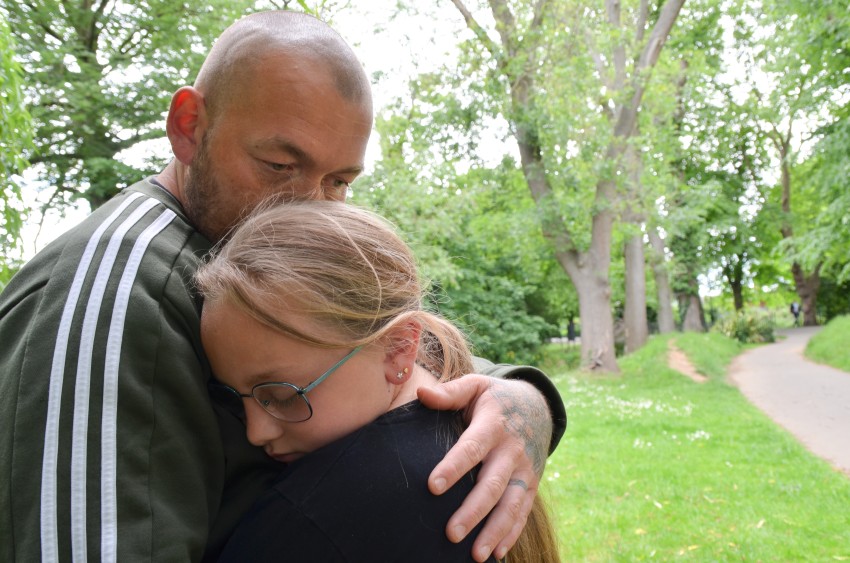
For further bereavement guidance, listen to Help Me, I’m Grieving – the podcast series on which this article is based. The podcast follows a series of conversations between Lorna Vyse, a child bereavement specialist at Scotty’s Little Soldiers, and Ben, who experienced childhood bereavement.
Scotty’s Little Soldiers is a charity dedicated to supporting children and young people (0 to 25 years) who have experienced the death of a parent who served in the British Armed Forces.
Inspired by the experience of Army widow Nikki Scott, following the death of her husband Corporal Lee Scott in Afghanistan in 2009, the charity, which was set up in 2010, provides support and guidance to hundreds of bereaved military children and young people throughout their childhood.
Scotty’s provides its members with access to bereavement support, outstanding development opportunities and the chance to smile again.
If you know a bereaved military child or young person who could benefit from Scotty's specialised bereavement support, visit our Get Support page.

